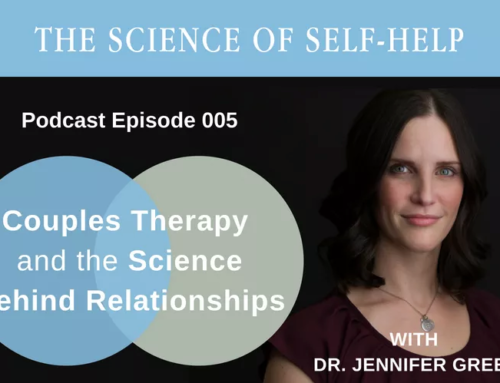State of the Union Meeting: Conflict As An Opportunity
by Dr. John “Jack” Crossen
In every relationship, conflicts come up. The cycle of on-going conflicts often goes like this: There is a disagreement. You feel attacked, so you mount a counterattack: defensiveness, contempt and criticism. Next, you or your partner recoils and retreats, or stonewalls, a.k.a. the silent treatment.
Often, the conflict goes unresolved. It rears its ugly head again and an escalated version of the fight ensues. You wonder: “Is our relationship worth saving?” But there is another way to approach conflicts. This way is healing, healthy and productive.
The approach is part of The Sound Relationship House, a research-based theory on relationships developed by The Gottman Institute. The theory is a seven-step process for building a lasting, loving relationship.
In my couples counseling session and marriage workshops, I teach partners about the theory and give them the tools to implement its principles in their relationship. One such tool is The State of the Union meeting.

NOTE: In this State of the Union meeting, several Gottman techniques and concepts are used. They are underlined below. In my couples counseling sessions and workshops, I share details of these Gottman techniques and concepts, such as the research behind them and how to implement them.
When you are both able to identify and convey your life dreams, your gridlocked conversations with radically change.
The State Of The Union
The State of the Union is a collaborative meeting for partners. Making time for this sacred meeting conveys caring and commitment. The general outline of the meeting is as follows:
1. Right Start
Begin by talking over things that went right during the week. This sets a positive tone of closeness before turning your attention to problems that may have arisen. Highlight each other’s individual efforts and accomplishments as a couple. Recognize follow-through on plans and intentions.
2. Be Specific
Next, give each other specific appreciations. The I Appreciate Checklist is a tool to remind partners of specific occasions. Use a positive adjective and describe a specific event. Bring up again something that was especially important. Be sure to also mention something not yet expressed.
3. Create Safety
At this point, protect your partner from feeling attacked by using the Softened Start-Up to discuss problems that may have arisen. As you speak, be compassionate to your partner. Be mindful that it is normal for all couples to often be out of sync, to have perpetual issues and to repair through Emotional Attunement – a process in which you become aware and receptive to your partner’s true emotions and empathize with him or her.
As a listener, remind yourself to hear openly and non-defensively. Mutually aim for understanding and avoid blaming.
In my sessions, I use The Gottman-Rapoport Intervention, an in-depth speaker-listener technique to discuss problems.
4. Facing Problems
For perpetual issues, understanding of the Dreams Within Conflict concept is helpful. In a nutshell, this concept says most conflicts stem from an underlying issue relating to you and your partner’s life dreams. When you are both able to identify and convey your life dreams, your gridlocked conversations with radically change.
The State of the Union meeting is also a good time to deal with lingering hurt feelings. Use the Aftermath of a Regrettable Incident, a conflict management technique in which partners take steps for repair and move forward. Process any fights by expressing you were feeling and how to prevent a combative discussion.
5. End On a High Note
Close the meeting by Turning Towards bids for connection in the coming week. Make a commitment and plan for experiences that will turn your attention towards each other, as well as invite affirmation and affection.
Bring the meeting to closure with optimism about the relationship. Ask what you can do in the next week to make each other feel loved. Responding with a commitment to follow-through engenders trust.

Rhythm Of Kindness And Resolution
One of the most important predictors of satisfaction is a relationship is “we-ness,” the sense that the couple has agency in dealing with life’s challenges. Another key predictor of a masterful relationship is the attitude of “glorifying the struggle.” In this way, a couple conveys that their emotional bonds are fortified by their actions of working together to face difficulties that come up. The State of the Union offers rich opportunities to intentionally define and nurture these dimensions of their narrative.




